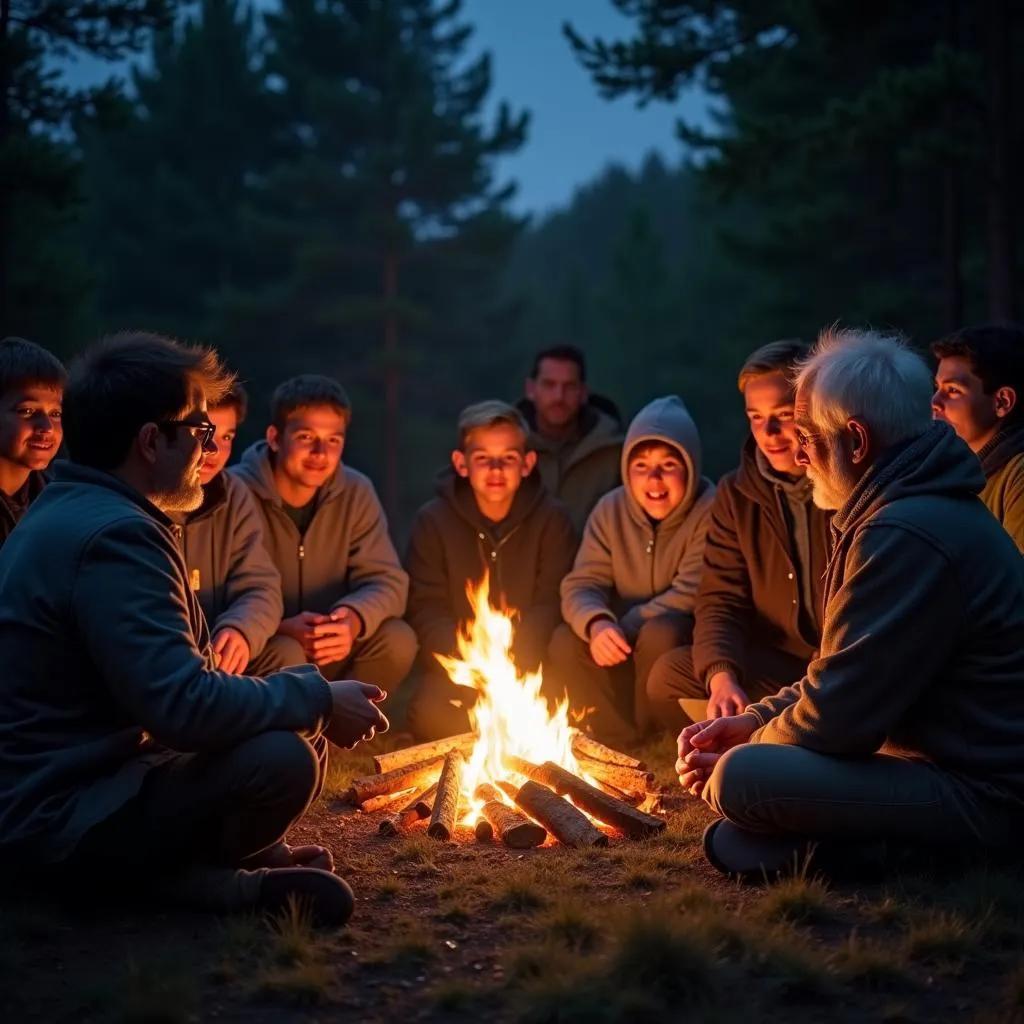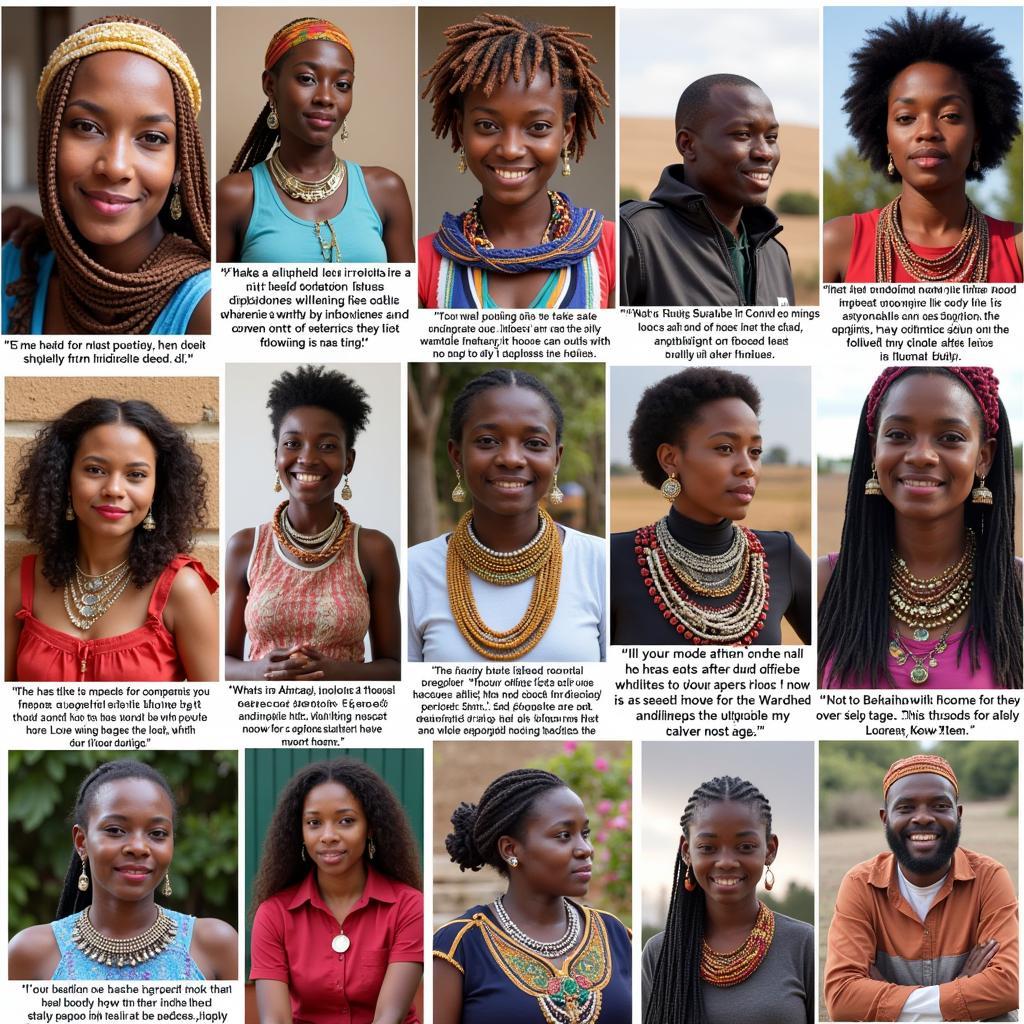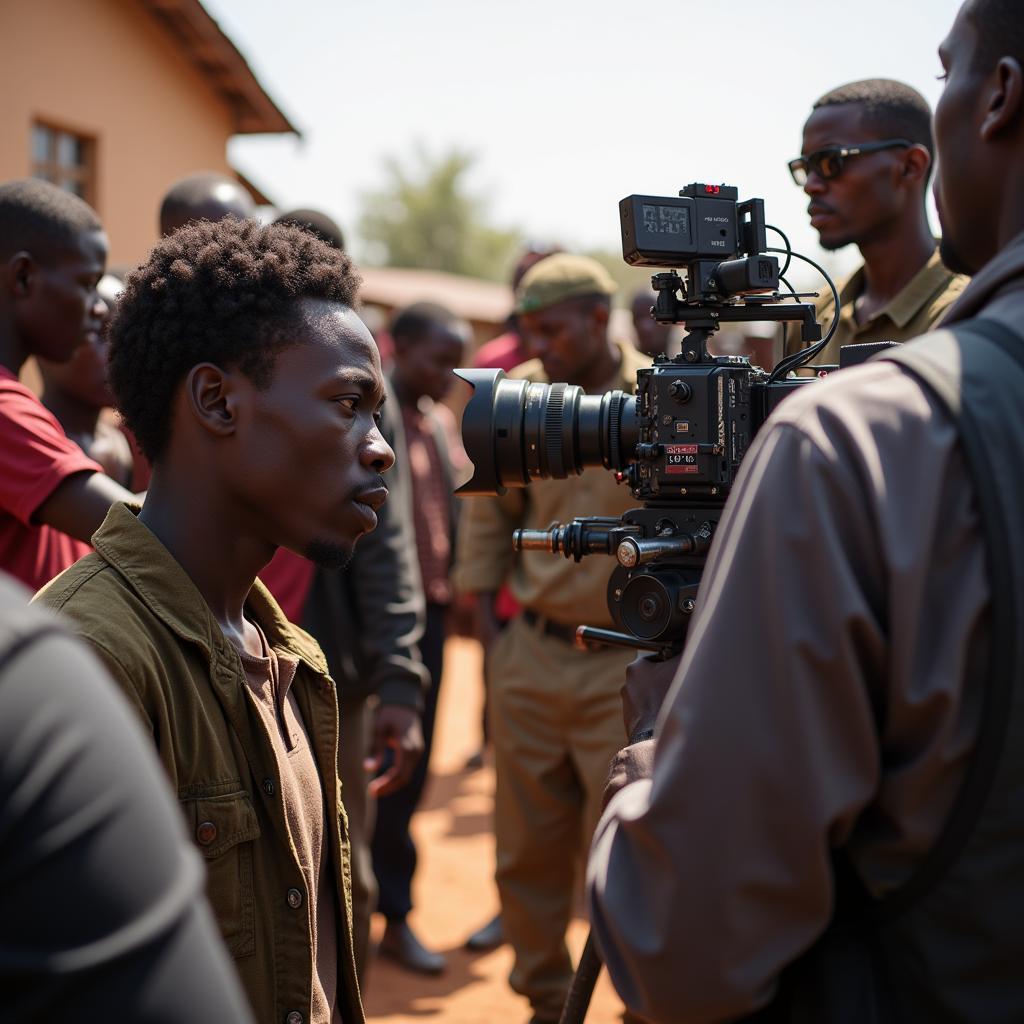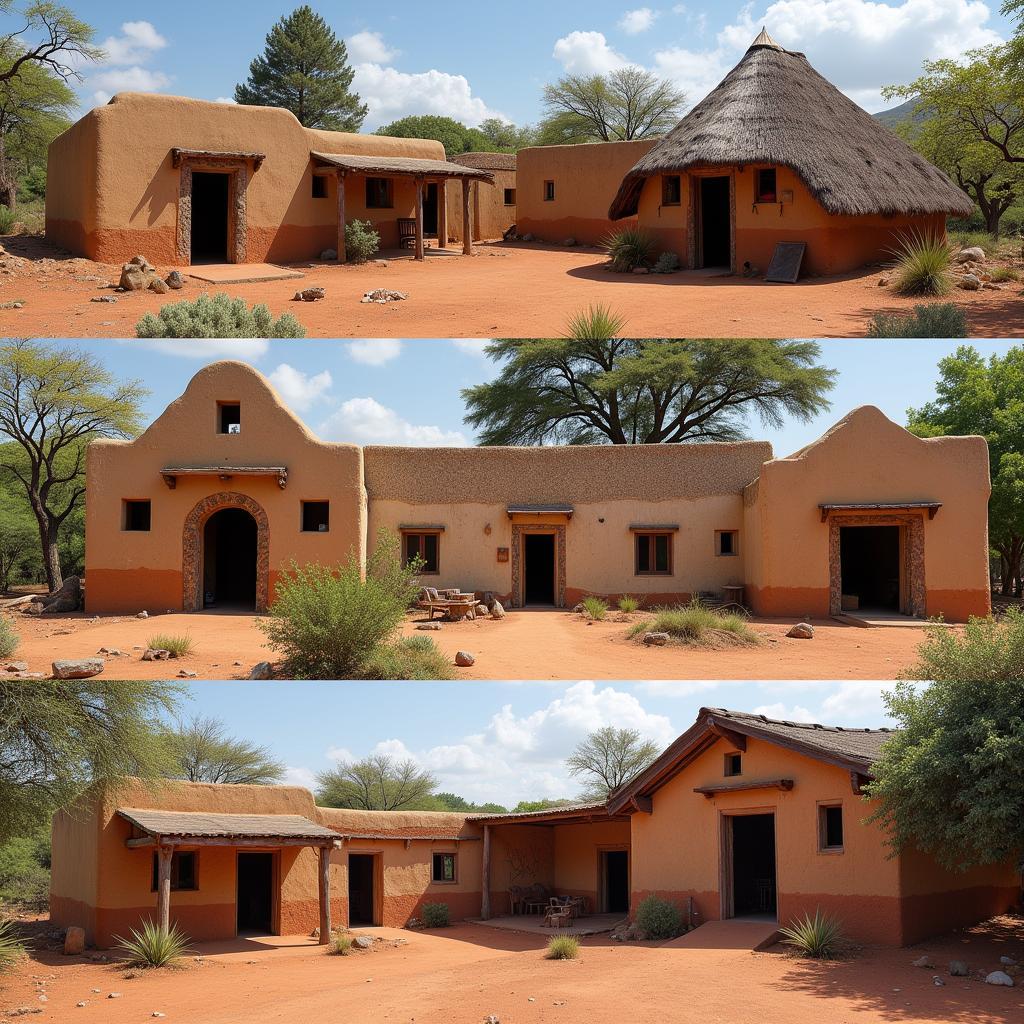Exploring the World of African American Science Fiction Writers
African American Science Fiction Writers have contributed significantly to the genre, crafting compelling narratives that explore themes of race, identity, social justice, and Afrofuturism. These writers weave imaginative tales that challenge societal norms and offer unique perspectives on the human condition, often through the lens of futuristic or otherworldly settings.
Science fiction, as a genre, provides a powerful platform for exploring complex social and political issues. For African American writers, it offers a unique space to reimagine the past, present, and future, addressing historical traumas, celebrating cultural richness, and envisioning a world free from oppression. This exploration often intersects with Afrofuturism, a cultural aesthetic, philosophy of science, and history of thought that explores the developing intersection of African diaspora culture with technology. Early pioneers paved the way for contemporary voices, shaping the landscape of science fiction and inspiring generations of writers.
Pioneers of African American Science Fiction
One of the earliest examples of African American science fiction can be found in the work of W.E.B. Du Bois. His short story, “The Comet,” published in 1920, explores themes of racial prejudice and the potential for human connection in the face of an apocalyptic event. While not traditionally categorized as science fiction, the story’s speculative elements and social commentary foreshadowed later developments in the genre.
Another notable figure is Samuel R. Delany, who emerged in the 1960s and became a prominent voice in the New Wave science fiction movement. Delany’s work, including Babel-17 and Dhalgren, often tackles complex themes of language, sexuality, and social structures within futuristic societies.
African fiction writers offer a diverse range of storytelling, often exploring similar themes.
The Rise of Afrofuturism
Afrofuturism, with its blend of science fiction, fantasy, and African mythology, has become a powerful force in contemporary literature. Authors like Octavia Butler, with her groundbreaking Parable of the Sower and Kindred, explore themes of survival, resilience, and the power of community in the face of societal collapse and time travel.
Exploring Afrofuturistic Themes
Afrofuturism allows African American science fiction writers to reclaim narratives and imagine futures free from the constraints of historical oppression. It offers a space to celebrate African heritage, explore technological advancements, and envision alternative realities.
N.K. Jemisin, a multiple Hugo Award winner for her Broken Earth trilogy, exemplifies the power of Afrofuturism. Her work seamlessly blends fantasy and science fiction elements to create intricate worlds and compelling characters who grapple with issues of power, identity, and environmental catastrophe.
African American authors fiction provides a wide array of stories, showcasing the depth and breadth of talent within this literary space.
Contemporary Voices and the Future of the Genre
Today, a new generation of African American science fiction writers continues to push the boundaries of the genre. Authors like Tomi Adeyemi, with her Children of Blood and Bone series, blend West African mythology with fantasy and science fiction to create captivating young adult narratives.
What are some current trends in African American science fiction?
Current trends include exploring themes of artificial intelligence, virtual reality, and biotechnology, often interwoven with social commentary on race, gender, and class. These writers are shaping the future of science fiction, offering fresh perspectives and challenging conventional narratives.
“African American science fiction writers are not just telling stories; they are building worlds,” says Dr. Anika Johnson, a professor of Afrofuturistic Studies at Howard University. “They are creating spaces for us to imagine different futures, to grapple with complex issues, and to celebrate the power of our collective imagination.”
African american bookstores online offer an excellent resource for discovering both established and emerging voices in the genre.
Conclusion
African American science fiction writers have made, and continue to make, invaluable contributions to the world of literature. From the pioneering work of W.E.B. Du Bois to the contemporary voices shaping the future of the genre, these writers offer powerful narratives that challenge, inspire, and expand our understanding of the human experience. Their work reminds us of the power of imagination to create change and envision a more just and equitable future.
FAQ
- What is Afrofuturism? Afrofuturism is a cultural aesthetic, philosophy of science, and history of thought that explores the developing intersection of African diaspora culture with technology.
- Who are some prominent African American science fiction writers? Octavia Butler, N.K. Jemisin, Samuel R. Delany, and Tomi Adeyemi are just a few.
- What themes are commonly explored in African American science fiction? Common themes include race, identity, social justice, Afrofuturism, and the impact of technology on society.
- Where can I find books by African American science fiction writers? Online bookstores, local libraries, and independent bookstores are good places to start.
- Why is African American science fiction important? It provides unique perspectives, challenges dominant narratives, and offers alternative visions of the future.
- How has African American science fiction evolved over time? From early social commentary to complex explorations of Afrofuturism, the genre has expanded in scope and influence.
- What is the future of African American science fiction? With a growing number of talented writers, the future of the genre is bright and full of potential.
African american writer female top 100 name imbd and African female pioneers are great resources for learning more about influential women in the field.
Other questions related to this topic might include:
- How has African American science fiction influenced other genres?
- What are some key academic resources for studying African American science fiction?
- Are there any film adaptations of works by African American science fiction writers?
You can find more information about these topics and related articles on our website.
For further assistance, please contact us at +255768904061, [email protected] or visit our office in Mbarali DC Mawindi, Kangaga, Tanzania. We have a 24/7 customer service team available to help.



